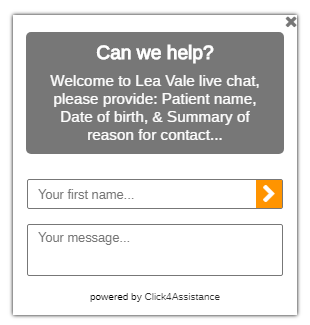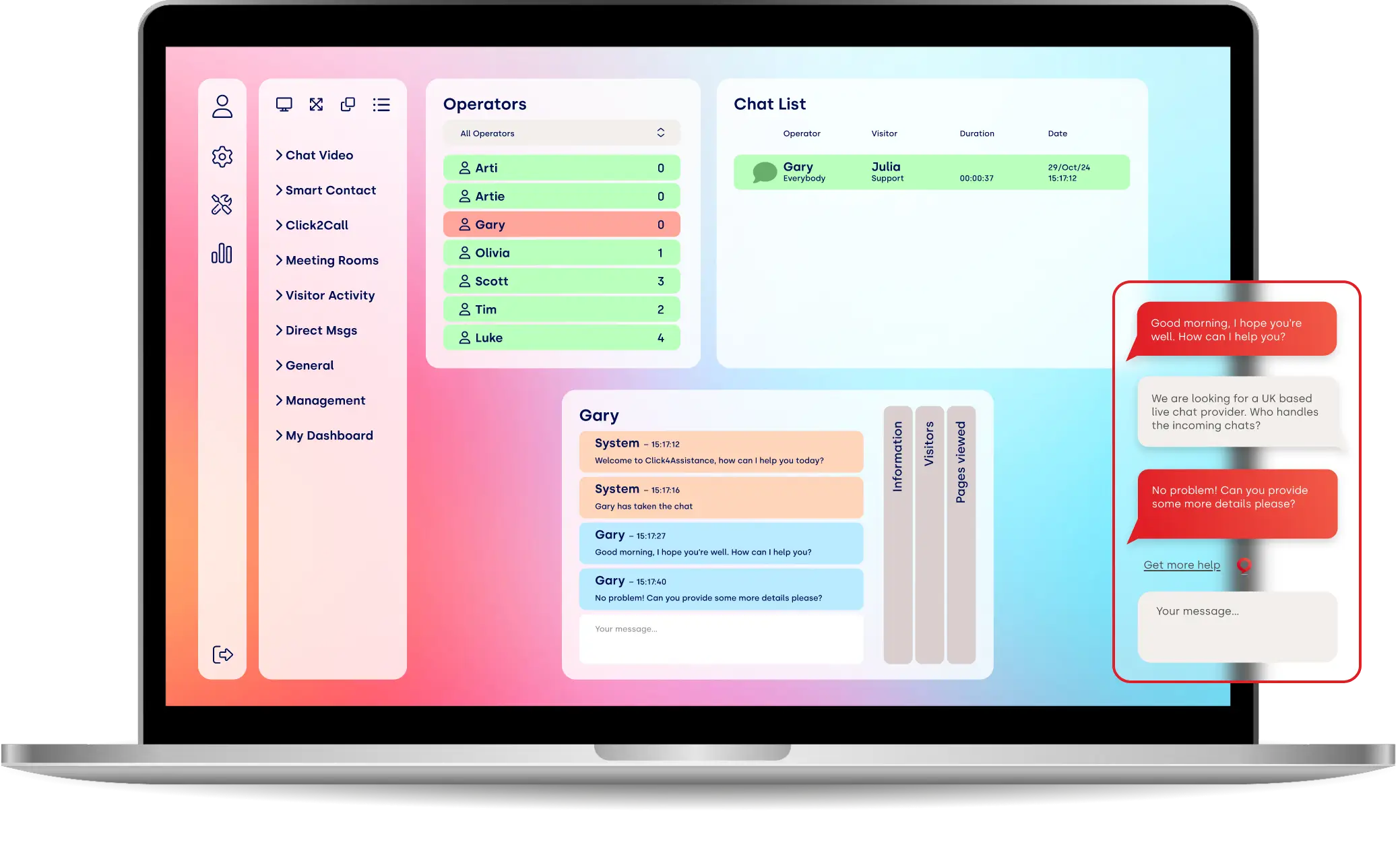Is There a Doctor in the House?

Technology has had a big impact on our lives. Being more integrated means we can video call with people from all around the world, look up recipes or the latest sports results and we can even check-in at airports without physically being present.
However, there is one downside. When we are slightly ill or develop a small rash, us humans reach straight for Dr Google, typing in our symptoms and convincing ourselves of the worst-case scenario.
Nothing could be more frustrating than a patient arguing their condition from a 5-minute search compared with a professional’s several years at medical school.
NHS Collaboration with Amazon Alexa
It was announced last month by The Department for Health and Social Care (DHSC) that Amazon had been programming Alexa to provide information for common illnesses to reduce the pressure on GPs and the NHS. The information includes answers to:
- How do I treat a migraine?
- What are the symptoms of the flu?
- What are the symptoms of chickenpox?
This service will especially help those who cannot access the internet through traditional means such as the elderly and the blind. It allows them to use simple voice commands to quickly access NHS-verified health information.
The Chief Executive of the NHSX digital healthcare unit in DHSC, Matthew Gould, commented:
“The public need to be able to get reliable information about their health easily and in ways they actually use. By working closely with Amazon and other tech companies, big and small, we can ensure that the millions of users looking for health information every day can get simple, validated advice at the touch of a button or voice command.
“Part of our mission at NHSX is to give citizens the tools to access services and information directly, and partnerships such as this are an important part of achieving this.”
Validated Advice at the Click of a Button
Many NHS organisations across the country have been implementing web chat software to continually provide their services whilst conforming to digital transformation targets and budget restraints.
 GP practices have been adding web chat software to their website to integrate with their booking procedures. From here, many evaluated expanding the use of the service further, such as holding consultations via web chat software. This saves the consultant’s time as they can access then and there whether they need to see the patient in person or can advise on how they can home-treat themselves, saving face-to-face appointments for those who really need them.
GP practices have been adding web chat software to their website to integrate with their booking procedures. From here, many evaluated expanding the use of the service further, such as holding consultations via web chat software. This saves the consultant’s time as they can access then and there whether they need to see the patient in person or can advise on how they can home-treat themselves, saving face-to-face appointments for those who really need them.
Other NHS organisations use web chat software to provide employers with validated advice regarding healthy working lives and reducing the impact of absenteeism. Whilst others have set up group sessions via Meeting Rooms, helping them to provide health and wellbeing information to multiple participants, who can also share their experiences and support one another.
Web chat software, Meeting Rooms and other online communication channels can provide patients with access directly to the healthcare associations and advice. And whilst the voice-capabilities of voice commands allow more users to access information, it has the risk of becoming another extension of asking Dr Google instead with Consultant Alexa who has been reported to say and do some strange things! So can we really trust it to provide NHS medical advice?
Click4Assistance has been providing web chat software for over 15 years and works with many NHS and private healthcare organisations across the country. For more information regarding our services for the healthcare industry, contact our team on 01268 524628 or email theteam@click4assistance.co.uk.























